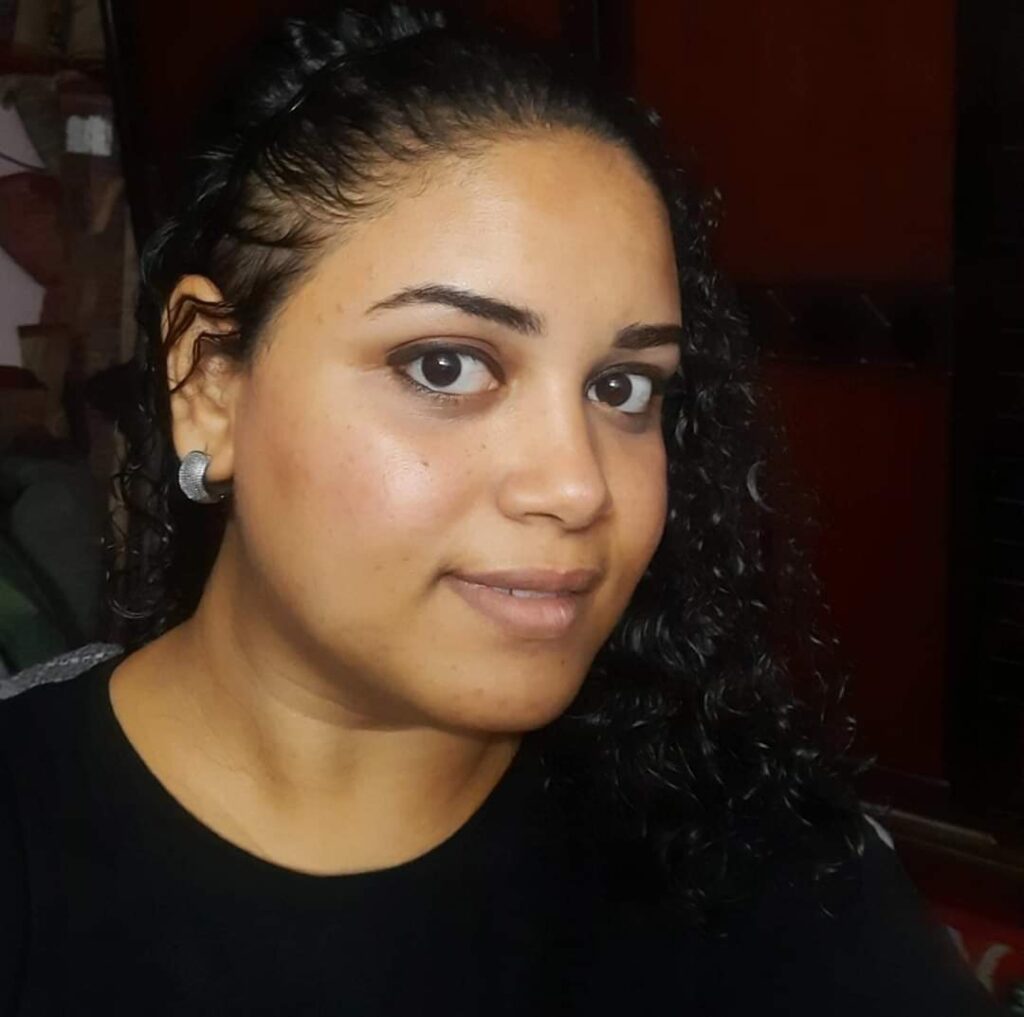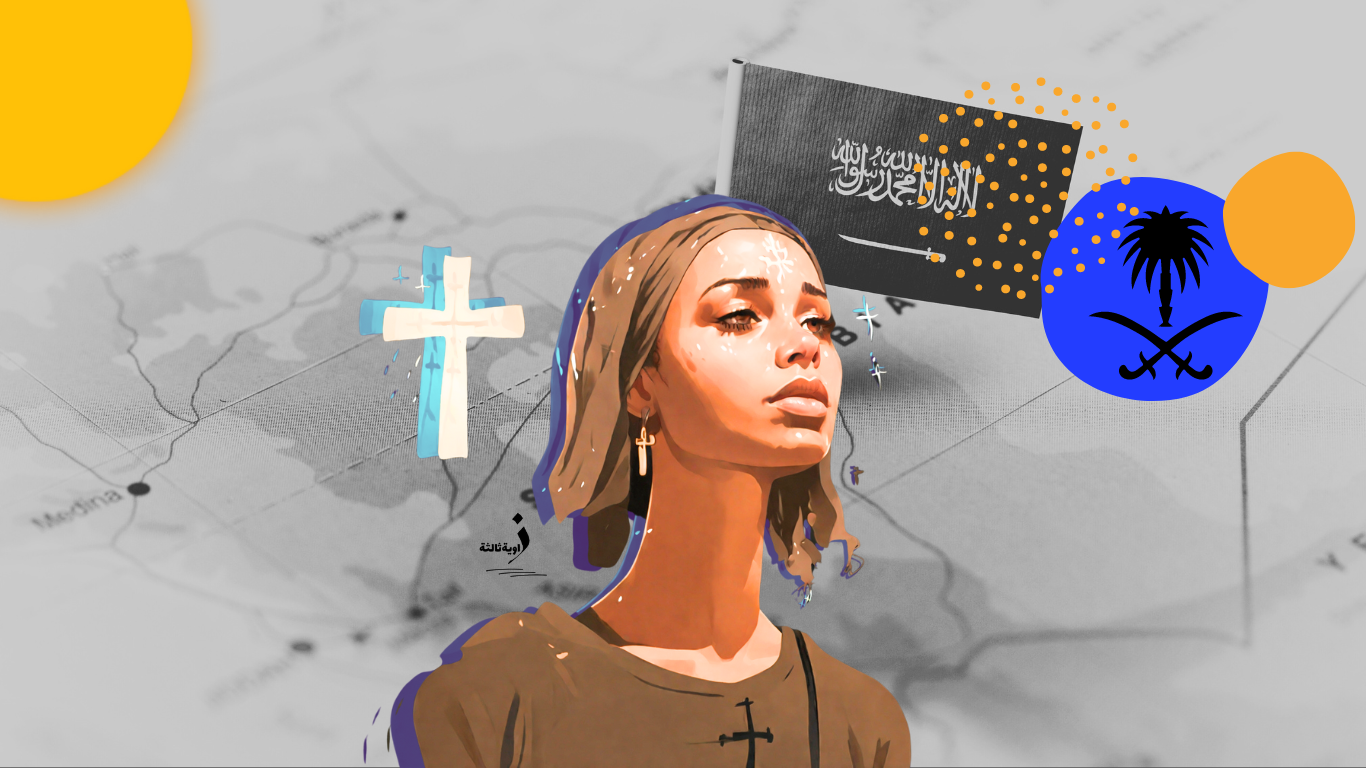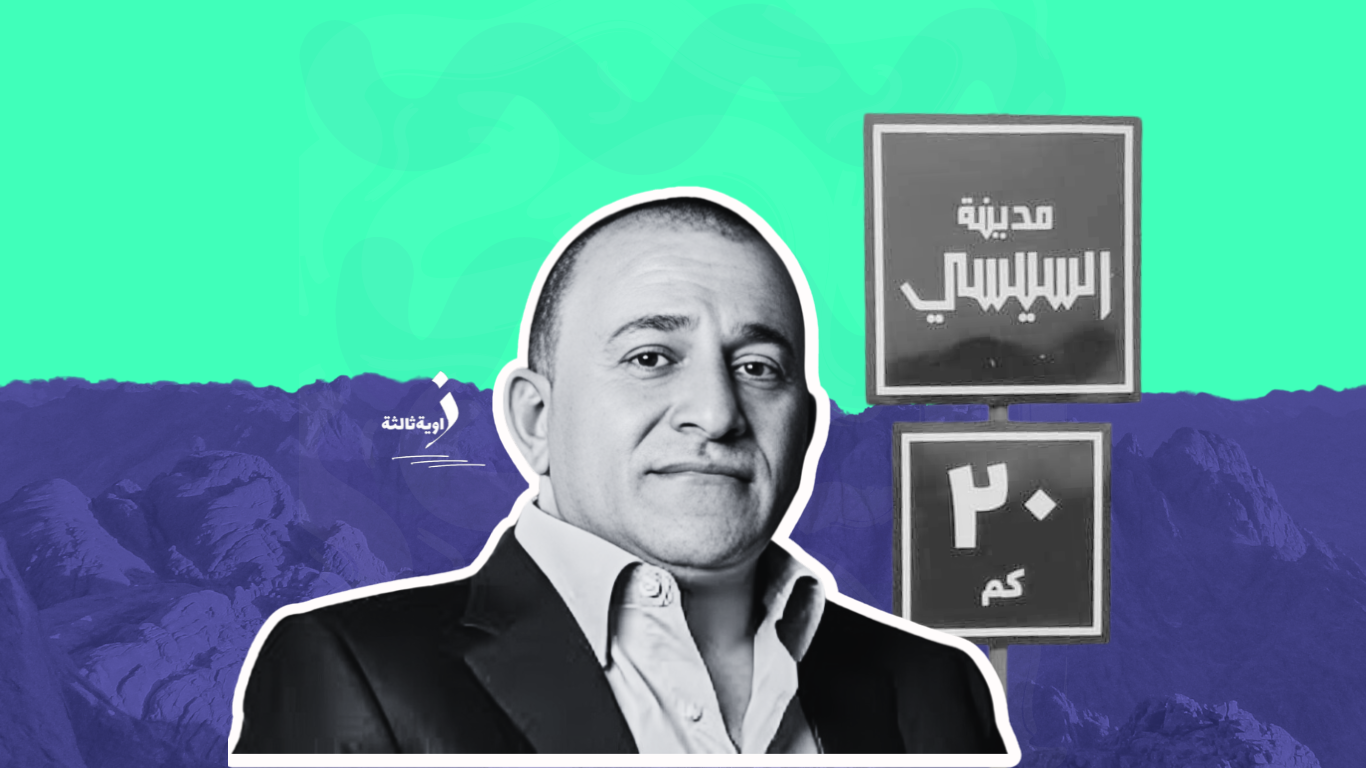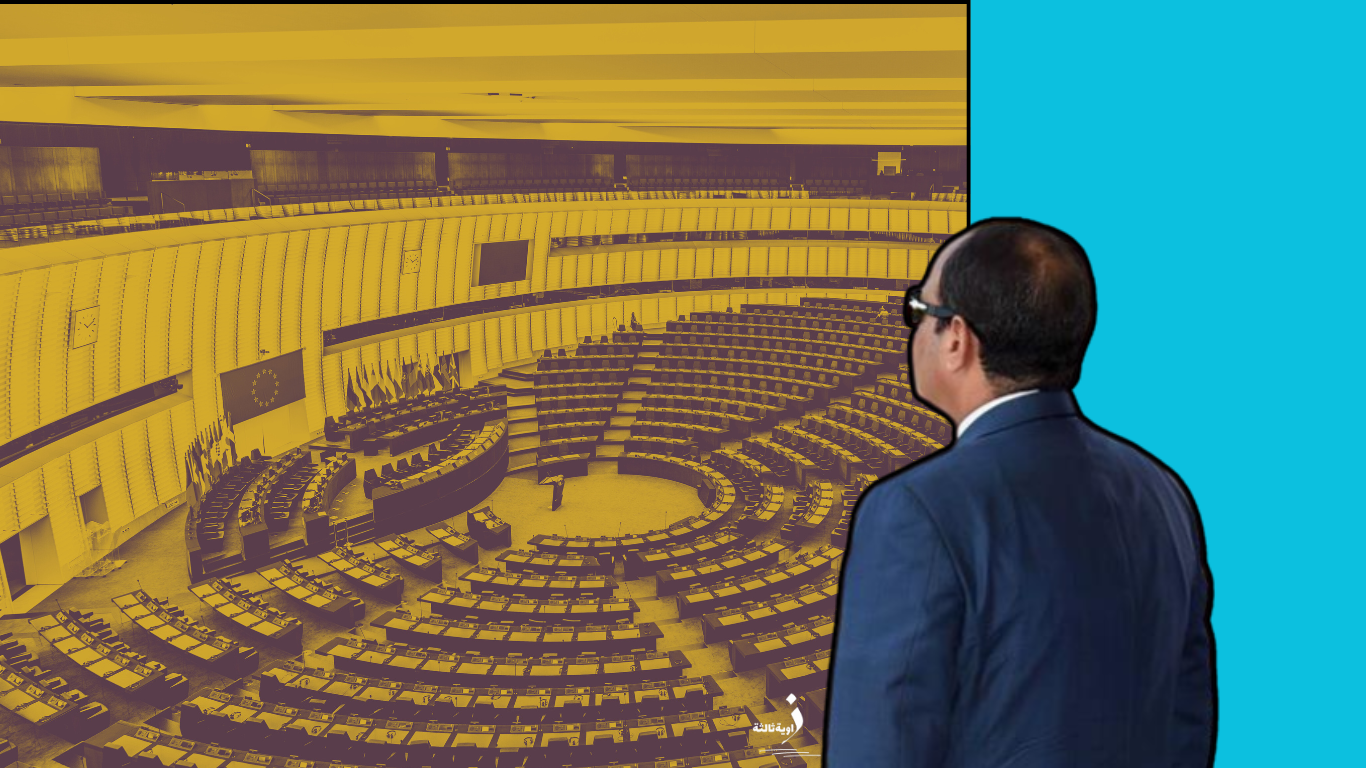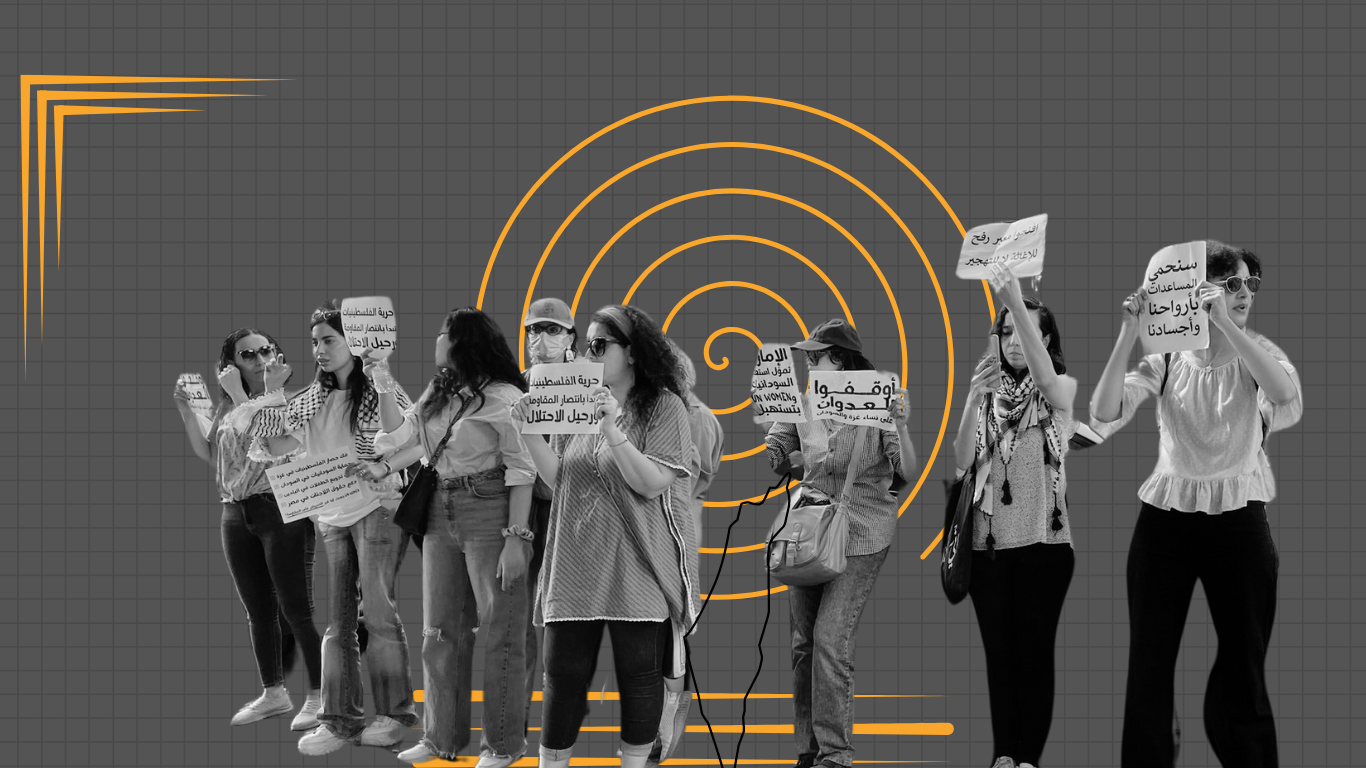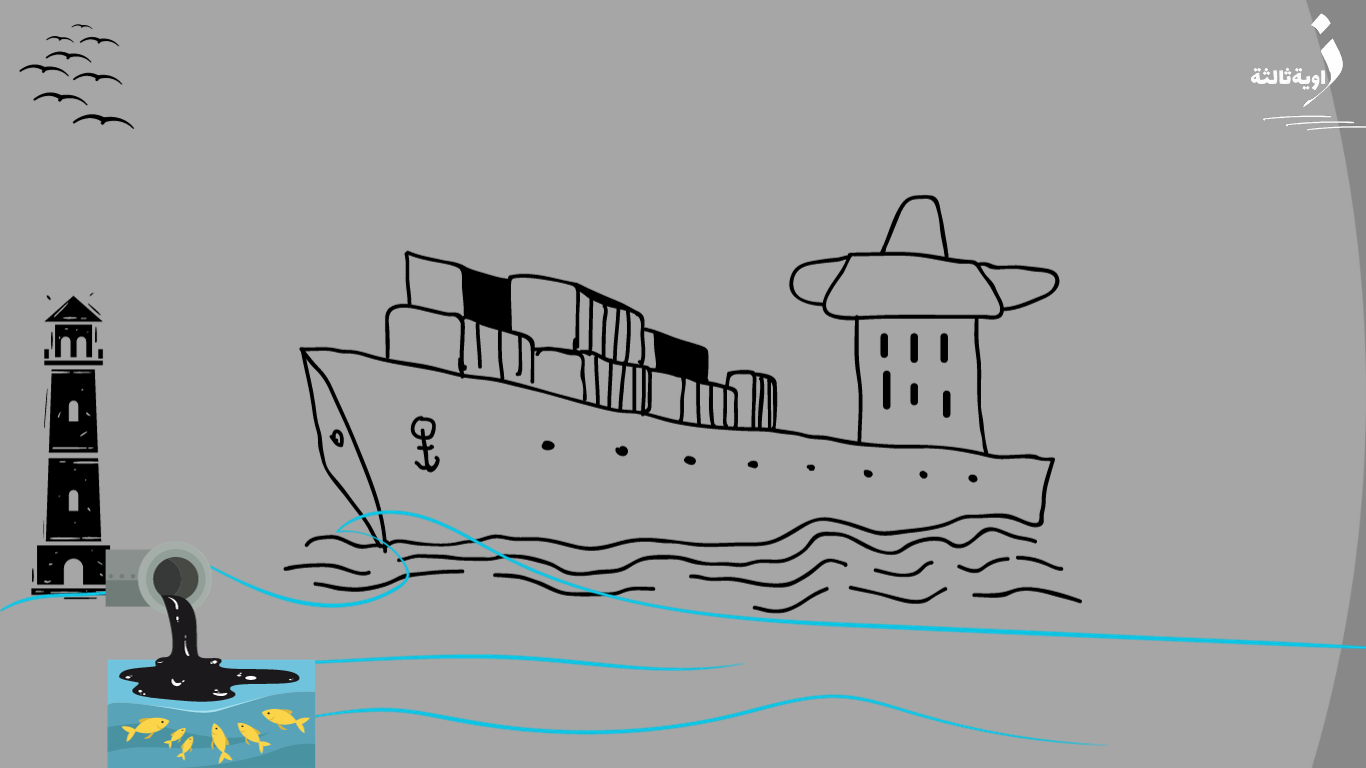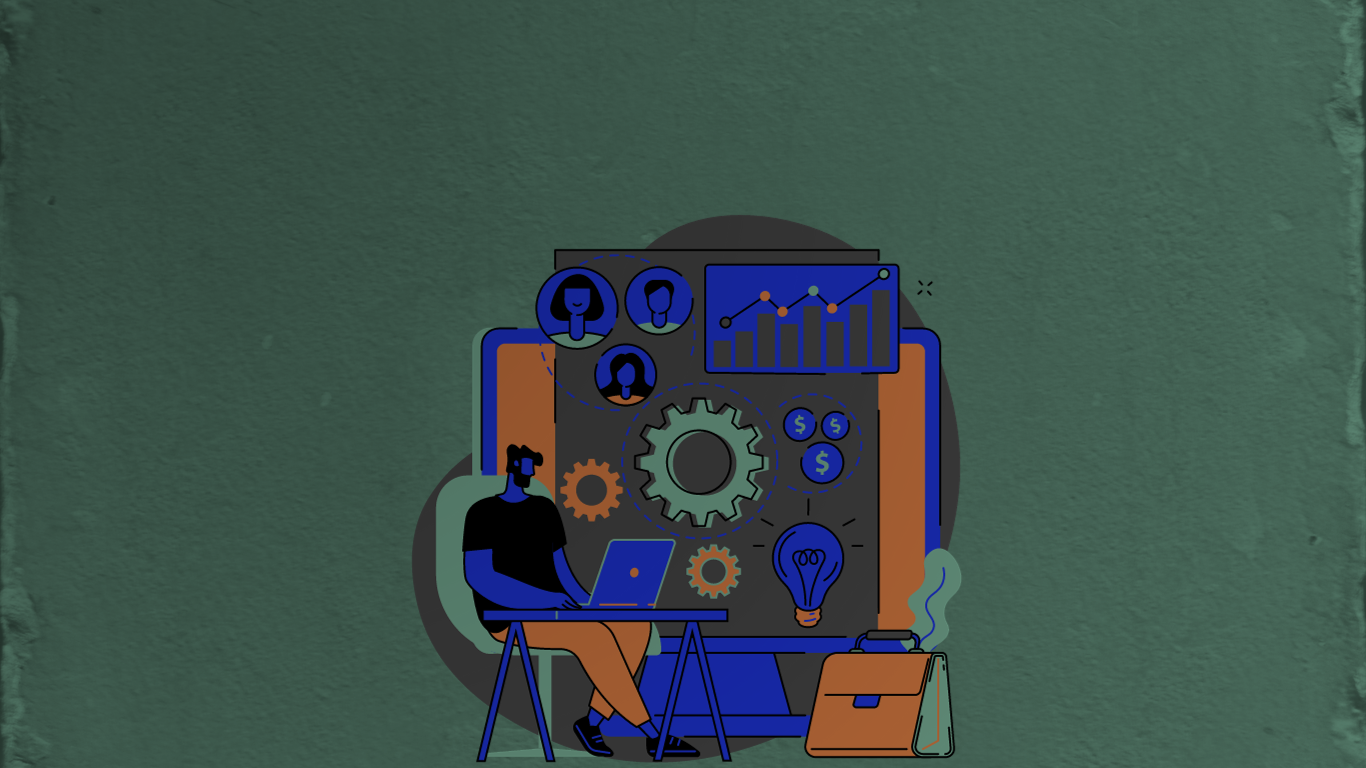Civil movements and democratic discussions have taken place over the past two weeks among the factions of the Egyptian civil movement following the start of President Abdel Fattah el-Sisi’s third term. This attempt aims to mend the rift within the movement that occurred in the aftermath of the presidential elections. The Egyptian Democratic Justice Party decided to freeze its activities within the movement, while nine parties from the civil movement announced in a statement their non-participation in the elections due to serious violations observed during the phase of collecting endorsements. However, Farid Zahran, the leader of the Egyptian Democratic Party, insisted on running in the presidential elections with the support of the Justice Party and the Reform and Development Party.
In addition to discussing recent issues within the civil movement, the national dialogue and President Sisi’s call to resume its sessions have become topics of debate. It seems that the situation has changed since the conclusion of the dialogue sessions in September of the previous year. Most factions of the movement now consider the dialogue concluded, and any talk of resuming sessions requires a new agreement for the opposition civil movement to return to the dialogue table, according to Khaled Dawood, the spokesperson for the Democratic Civil Movement.
New Demands for Dialogue Resumption
In his first speech after the conclusion of the electoral race in December, President Sisi called for the resumption of national dialogue sessions, which had been halted since September according to the decision of the General Secretariat for Dialogue Management.
As a result of the president’s call to discuss the resumption of sessions, the civil movement returned to discussing the participation of its factions in the second round of the dialogue. However, no official invitation has been received by the movement regarding the timing of resuming the sessions.Khaled Dawood stated to Zawia3 that discussions among movement members have led to an agreement on three new demands for the return to the national dialogue table in its second round. He explained that these demands include the release of political prisoners, amending the pretrial detention law, and adopting the proportional list instead of the closed list in the electoral system.
The spokesperson for the civil movement emphasized that the movement will not return to the dialogue table unless these three demands are met, in addition to the necessity of changing the way sessions are managed.
Meaningless New Phase of Dialogue
The civil movement engaged positively with the call for dialogue from the beginning, working for months to produce initiative papers from the opposition for political and economic reform. These were presented during the first round of the dialogue. However, many now believe that the dialogue has ended. According to Akram Ismail, representative of The Bread and Freedom Party within the civil movement, entering a new phase of national dialogue is meaningless if the recommendations of the first phase are not implemented. He highlighted that the movement accepted the national dialogue to improve the conditions of political life, which fundamentally requires political will from the authorities.
Former deputy Talaat Khalil, secretary of the Conservative Party and chairman of the Public Debt Committee in the National Dialogue, echoed similar sentiments, stating that nothing has been implemented from the recommendations of the first phase, especially regarding pretrial detention and the release of political prisoners. He believes that the demands of the Egyptian people are known and do not require a lengthy national dialogue but rather political will for implementation, especially in the fields of human rights and electoral law.
Civil Movement Recommendations
Since April 2022, the civil movement has been demanding the release of opinion prisoners, presenting a priority list that included over a thousand detainees, most of whom were released before the commencement of the national dialogue sessions. However, Egyptian authorities stopped issuing amnesty and the release of political prisoners, a move that the spokesperson for the civil movement, Khaled Dawood, strongly rejected. He emphasized that the decision to release political prisoners lacks nothing but political will, and the movement will not compromise on this demand.
The Egyptian Democratic Civil Movement issued a book titled “The Horizon of Exit” in April 2022, outlining its vision for political, social, and economic issues. The movement recommended addressing the crisis of pretrial detention and compensating for it by amending the criminal procedure law and related laws. It called for obligatory procedural rules, a ban on pretrial detention in cases of publishing and publicity, whether involving journalists or others who exercised their right to peaceful expression. The movement also proposed reducing the maximum duration of pretrial detention stipulated by law to be only six months.
Regarding the Committee for Direct Political Rights, the movement recommended amending the House of Representatives law to allow an increase in the number of members to 660, in proportion to the population increase. It suggested changing the electoral system to a proportional list instead of a closed list and adjusting the law for dividing electoral districts to align with both population and geographic representation, proposing 46 electoral districts.
Akram Ismail believes it is important to create a conducive environment for organizing political parties, which will not happen without supporting party organizations with an electoral law stipulating a proportional list. He argued that this is the only system that will allow for a diverse political field. He noted that parties in Egypt are weak, and the proportional list qualifies them to grow and participate in electoral events such as parliamentary and local elections.
Attempts to Bridge the Gap
The civil movement is currently engaged in a series of consultations and discussions among its factions to evaluate the experience of the dialogue and the presidential elections. It is expected that these discussions will take time to understand what happened in Egypt during this period, and based on that, the movement will decide its course in the coming period, as explained by Akram Ismail.
He added that the movement is working on restructuring itself to facilitate the reorganization of political work within it. It is also preparing a new list that grants the right to decide and make decisions according to the majority through voting, rather than consensus, to avoid repeating previous positions where everyone failed to agree on specific issues.
“Zawia3” learned from reliable sources that the civil movement aims to expand its participant base by attracting parties and public figures who expressed their desire to join. The movement also aims to purify its current membership, and this will be determined according to the state of the discussions and consultations currently taking place within the movement.
In the same context, a source within the Egyptian Democratic Party revealed, on condition of anonymity, discussions taking place between the factions of the movement, the Egyptian Democratic Party, and Al-Adl for their return to the movement after the decision to freeze their participation in the presidential elections.
He explained that these discussions have not yielded results so far, and the decision of the Egyptian Democratic Party to return to the civil movement hinders the movement’s discussion of changing its decision-making mechanism from consensus to voting. This is feared by the Egyptian Democratic Party, especially as parliamentary elections approach. He pointed out that if the authorities do not implement the recommendation to change the electoral system from the closed list to the proportional list, this will be a reason for the civil movement not to participate in the parliamentary elections, opening the door to a repeat of what happened in the 2020 parliamentary elections when the Egyptian Democratic Party participated in closed lists with the ruling party “Future of the Nation,” something the civil movement does not want to repeat.
Withdrawals… What about the Second Stage?
During the first stage of the national dialogue, which lasted from May to September last year, three parties from the civil movement, namely the People’s Alliance, the Life and Freedom Party, and the Conservatives, announced their withdrawal individually from the national dialogue. This was due to several issues, most notably the slow release of political prisoners contrary to the authorities’ promises, along with the continued arrests and security pursuit of activists and politicians.
Zohdi Al-Shami, the deputy head of the Popular Socialist Alliance Party, does not believe that his party will reconsider its decision to withdraw from the dialogue. He confirmed that the party’s decision is final and irreversible, even if the authorities agree to the three demands presented by the civil movement.
The same sentiment was echoed by Talaat Khalil, the deputy head of the Conservative Party, who believes that the authorities have no desire to fulfill any demands of the opposition or the recommendations of the first stage of the dialogue. As for Akram Ismail, he believes that if the authorities fulfill the three demands presented by the civil movement, there might be a justification for reopening the discussion about returning to the dialogue table within the Life and Freedom Party, which decided to withdraw after participating in several dialogue sessions.
On the eve of the opening session of the national dialogue, the civil movement held a meeting to decide on participation. Representatives from 12 Egyptian parties and 10 public figures participated in the vote, resulting in 13 votes in favor of participation compared to 9 votes against.


